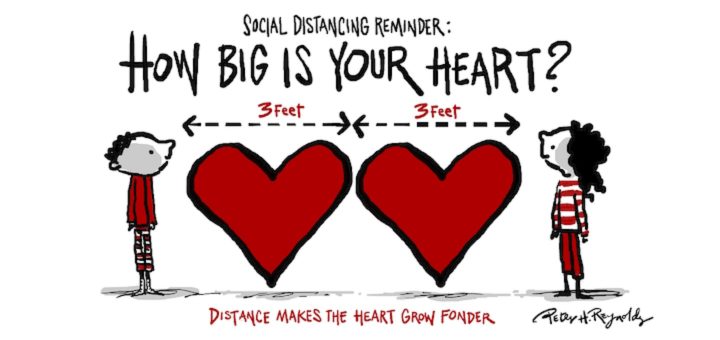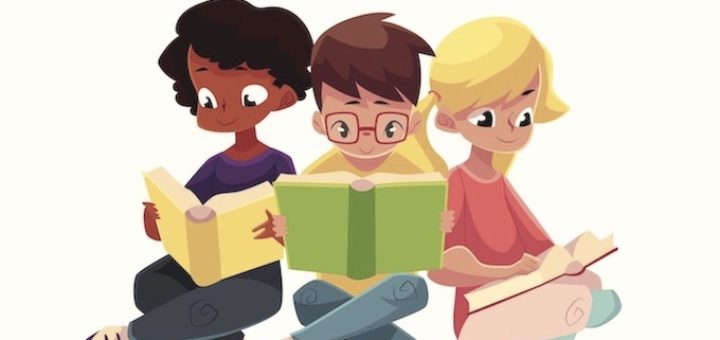Kindness and Gratitude in Our Time of Crisis
For teachers to help students not only survive but also thrive through this frightening pandemic, we need to underscore both their and our fundamental need for kindness and gratitude. Author-educator Dr. Debbie Silver shares the science of anxiety and lots of options to help.























